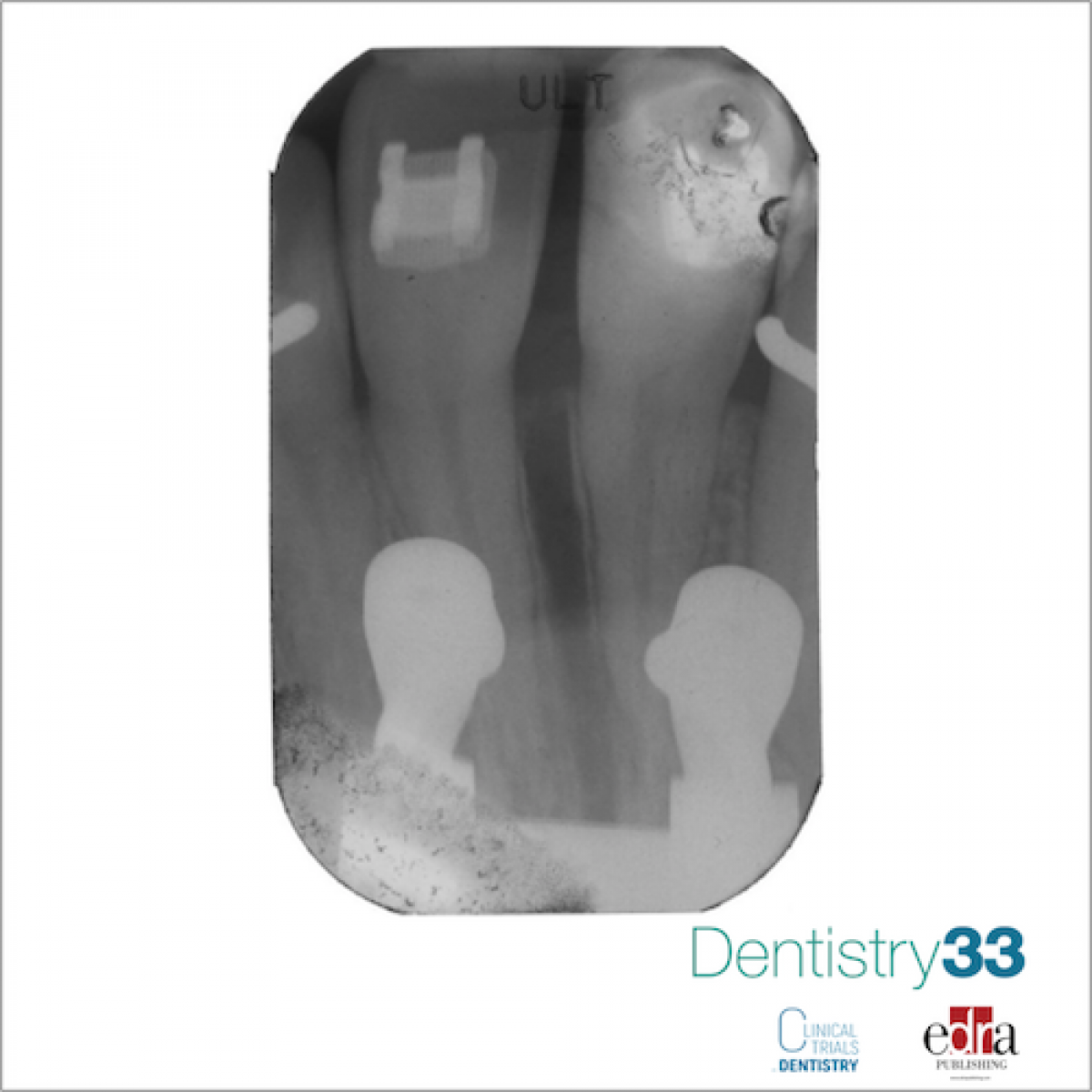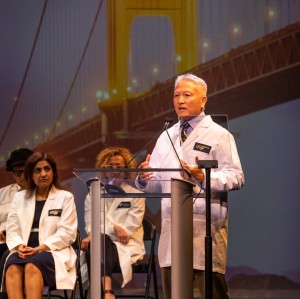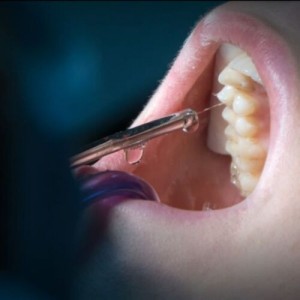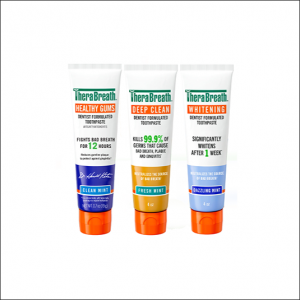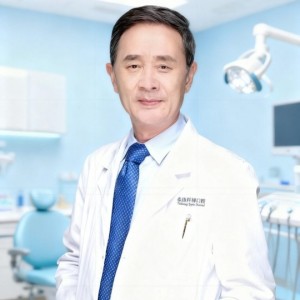
Use of miniscrews in orthodontics: clinical and medical-legal aspects
Authors: Marco Brady Bucci, Andrea Pase, Dario Brady Bucci
OBJECTIVES
In orthodontics, the evaluation and scheduling of the anchorage represent the crucial phase of the treatment, capable of often influencing the therapeutic result. The purpose of this work is to analyze all the problems related to the use of miniscrews in orthodontics, regulatory developments and some rulings of the jurisprudence to be considered for their correct use.
The authors will try to evaluate how the aid of these anchoring devices can be placed, in terms of professional liability, in the context of the contractual relationship between dentist and patient, in the delicate junction between obligation of means and / or results.
MATERIALS AND METHODS
The technical concepts of anchoring in orthodontics and the opportunity offered to the clinician by the Temporary Anchoring Devices will be analyzed, among which the miniscrews represent the category currently most widespread.
The relationship between the advantages and disadvantages of using this technique is discussed, evaluating the reliability and the effects on clinical efficacy in biological terms and speeding up of therapies, with reference to the Clinical Recommendations in Odontostomatology published in September 2017.
Since this is a technique that is not free from risks, it is necessary that the patient, and the parents if minor, are adequately informed of the problems that may occur, placing the information and the collection of consent in the broad framework of the responsibility of the healthcare professional and the obligations distinguish his work in the individual specific case.
RESULTS
The use of miniscrews allows you to achieve results that are difficult to achieve with conventional techniques and many times can solve complex problems, avoiding resorting to much more invasive interventions. The possibility of using this type of temporary anchorage devices is a topic that presents particular problems; the opportunity to suggest a trace of written consent regarding the use of miniscrews in orthodontics was considered, in order to scrupulously document the shared choice of a state of the atr therapeutic procedure not free from possible complications.
CONCLUSIONS
The acquisition of consent has become an essential moment in the care relationship and introduces a real obligation of information for the doctor according to specific communication standards. The use of miniscrews in orthodontics requires specific information and consent. This obligation does not end with the signing of a form, but interacting and carrying out a clear and precise communication on the diagnosis, prognosis, risks and benefits of treatment and no-treatment, after analyzing the possible therapeutic alternatives. Particular complexity can be encountered in obtaining a shared consent in the minor, to whom the information will be provided according to the prerogatives of the individual patient, whose will must be taken into consideration, especially in the face of his dissent.
CLINICAL SIGNIFICANCE
Miniscrews are used more and more frequently in the orthodontic field to temporarily provide direct or indirect skeletal anchorage. They must be used with skill, exploiting their advantageous benefits, without interfering with the bone growth of the young patient and with caution, avoiding the invasion of respectful anatomical structures and the complications related to their possible movement that follows the direction of the orthodontic load. The Italian Clinical Recommendations highlight that the use of miniscrews represents an excellent aid in the control of all dental movements since they constitute a reliable anchor point for the biomechanical management of fixed appliances of all types.
 Read more
Read more
Editorials 10 October 2025
With proud smiles and crisp white coats, ninety-three learners from the DDS Class of 2029 and the International Dentist Pathway Class of 2028 marked the start of their dental careers at the UCSF...
Periodontology 10 October 2025
Continuous professional development (CPD) in Periodontology refers to the overall framework of opportunities that facilitate a life-long learning practice, driven by the learner-practitioner and...
TheraBreath, the #1 alcohol-free mouthwash brand in the U.S.*, has introduced a new line of dentist-formulated, clinically tested toothpastes designed to support professional oral care...
News 10 October 2025
New officers and trustees were installed at the Minnesota Dental Association’s Leadership Conference on September 19 in Minneapolis.
News 10 October 2025
Smartee Denti-Technology today announced that Professor Gang Shen, its Chief Scientist and Executive President of TaiKang ByBo Dental, has once again been named to the World’s Top 2% Scientists...


